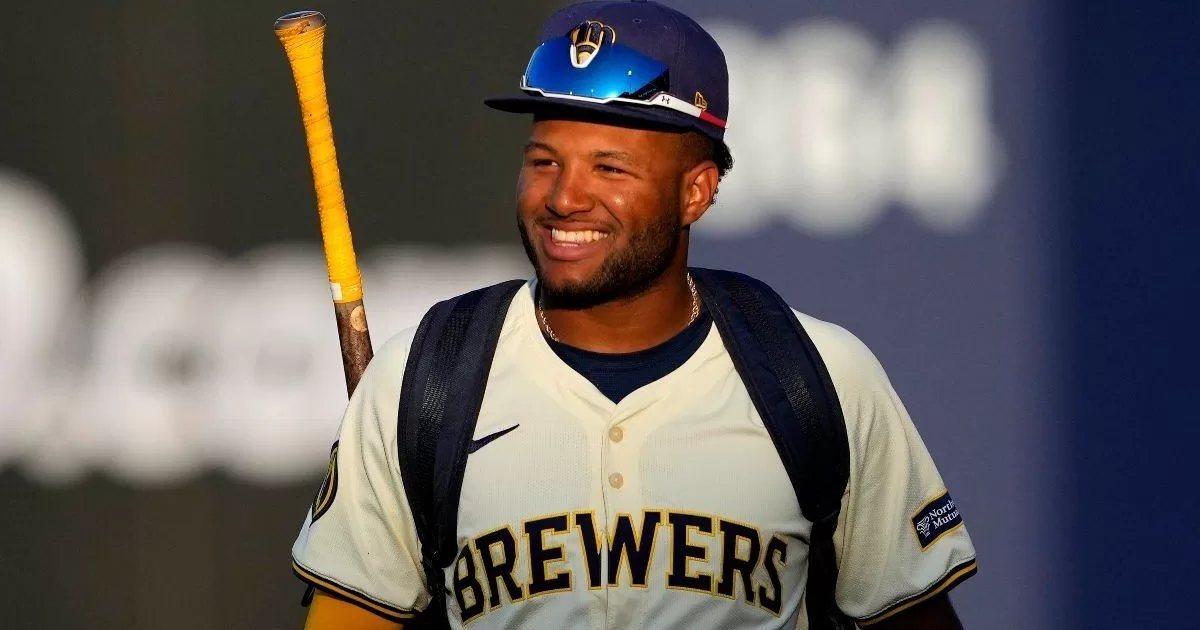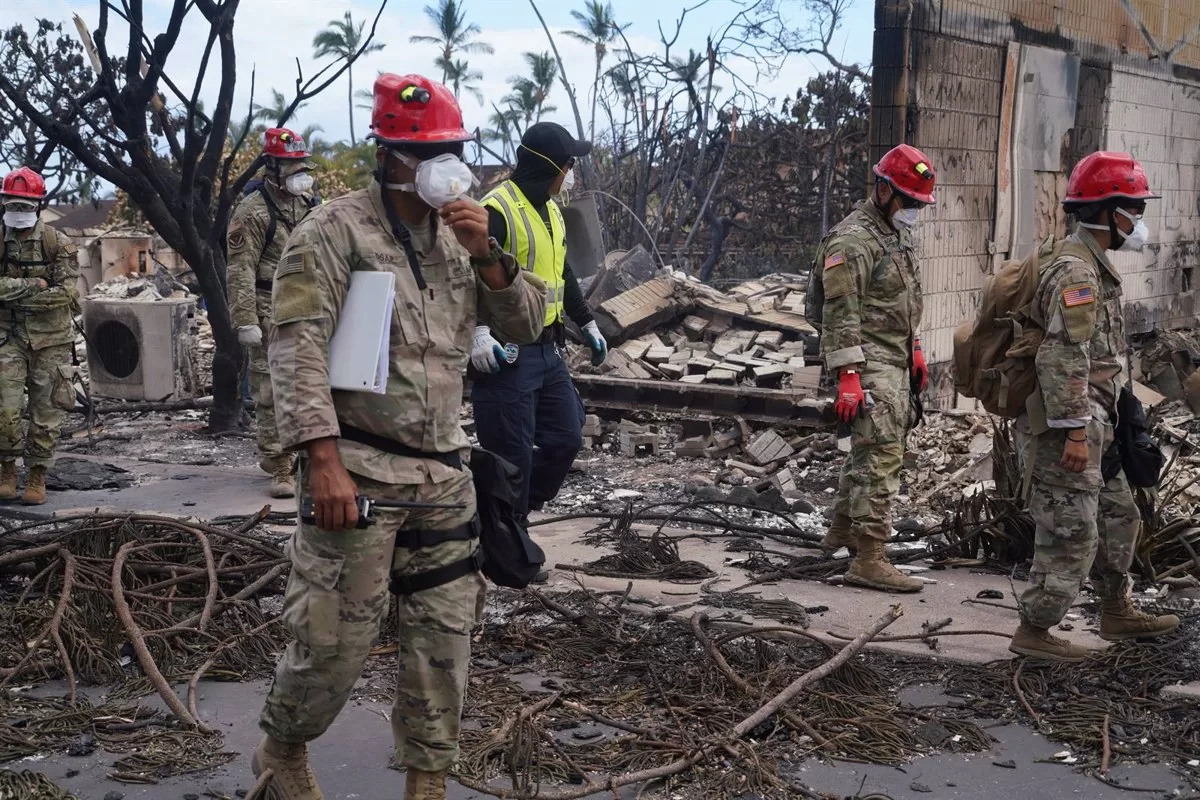The “special military operation” launched by the Kremlin should not only be deciphered from a geopolitical angle. The spiritual angle is also important. This is the thesis defended by two good connoisseurs of Russia, researchers Sébastien Boussois and Noé Morin, in their essay, Putin’s holy war, published by Passés Composés editions. The second returns to the religious roots of the conflict in Ukraine, crucial to understanding Russian motivations.
L’Express: Aren’t you exaggerating when you talk about “Putin’s holy war”?
Noah Morin: Russian priests bless the soldiers and the cannons going to the front. In Chechnya, the grand mufti declared that the war in Ukraine was a jihad, that is to say a holy war. It is not conducted for religious reasons, but it has religious aspects. Geopolitics alone does not explain this conflict. Russian messianism is also an important parameter: the minds of Russians are imbued with the idea that with the fall of the Byzantine Empire, Russia was the last Christian empire. This is reflected in the way Russian leaders contrast Russia and its values with the decadent and relativistic West. Patriarch Kyrill goes so far as to say it’s a war against the forces of evil. For the Russian population, this matters.
Is Putin really imbued with a religious background?
He regularly states his beliefs and participates in the rites. He was baptized on the initiative of his very pious mother and said he had a revelation in 1996 following the fire at his dacha near Saint Petersburg. In the ashes, only remained, intact, the cross that she had offered him. He says that was when he converted with heart. On his arrival in Moscow, he attended the Sretinsky monastery, in the heart of Moscow, directed by Father Tikhon Chevkunov, who is often presented as his confessor. He believes that Russia has an imperial vocation and must defend the Christian faith. In a 2018 speech, Putin even drew a parallel with the Soviet era, which he also considers messianic, since communist Russia carried an ideal of purity in the world.
You also mention two other influential personalities in your book…
There is the oligarch Constantin Maloveef, who believes that Ukraine belongs to Russia and wants the return of the monarchy. He is very close to the patriarchy, like the former adviser to the Russian president, Vladislav Surkov, who inspired the main character of Giuliano da Empoli’s novel, The Mage of the Kremlin. He has worked hard for the rapprochement between the church and power. An email leak in 2016 revealed his close relationship with the secessionist authorities in Donbass.
How did the Orthodox Church become, in your opinion, the keystone of Putinism?
It served as his laboratory of ideas. In the early 2000s, the church proved to be a convenient ally for Putin. Their missions were somehow the same: to restore order. The church wanted to put an end to religious deviance – shamanism, parapsychology, etc. – and put Russia back on the path of “true faith”. After the predation of the Yeltsin years, Putin sought to set the country on the path to economic recovery.
And then there is this “social doctrine” of the church, promulgated in 2000 and concomitant with the coming to power of Putin. This political compass was drafted by the current patriarch, Kyrill, when he was director of external affairs for the patriarchy. Putin blithely dipped into this document which allowed him to equip himself with the intellectual framework he lacked when he arrived in the Kremlin. He inspired him with laws on the birth rate, on marriage, against alcohol, against homosexuality…
In Russia, isn’t it rather the church that finds itself at the service of power?
The political power is in control, but the church has rebuilt its influence since Putin came to power. Patriarch Kyrill, in 2011, had harsh words against Putin, saying that a power that does not listen to the street is not worthy of governing. He has a certain independence of thought, even if he was suspected of having collaborated with the Soviet power in the 1970s and 1980s.
A cathedral dedicated to the Russian army was even inaugurated in 2020…
I visited it during a trip to Moscow in 2020, a few months away from its completion. It is located not far from the capital, in the exhibition center of the Russian army, which financed it, to commemorate the 75th anniversary of the victory against Germany. Additional sign of the collusion between the power and the patriarchate of Moscow, Putin and the Minister of Defense, Shoigu, were to be represented in mosaic on the upper dome of the church. But the idea caused a scandal and the Kremlin opposed it.


